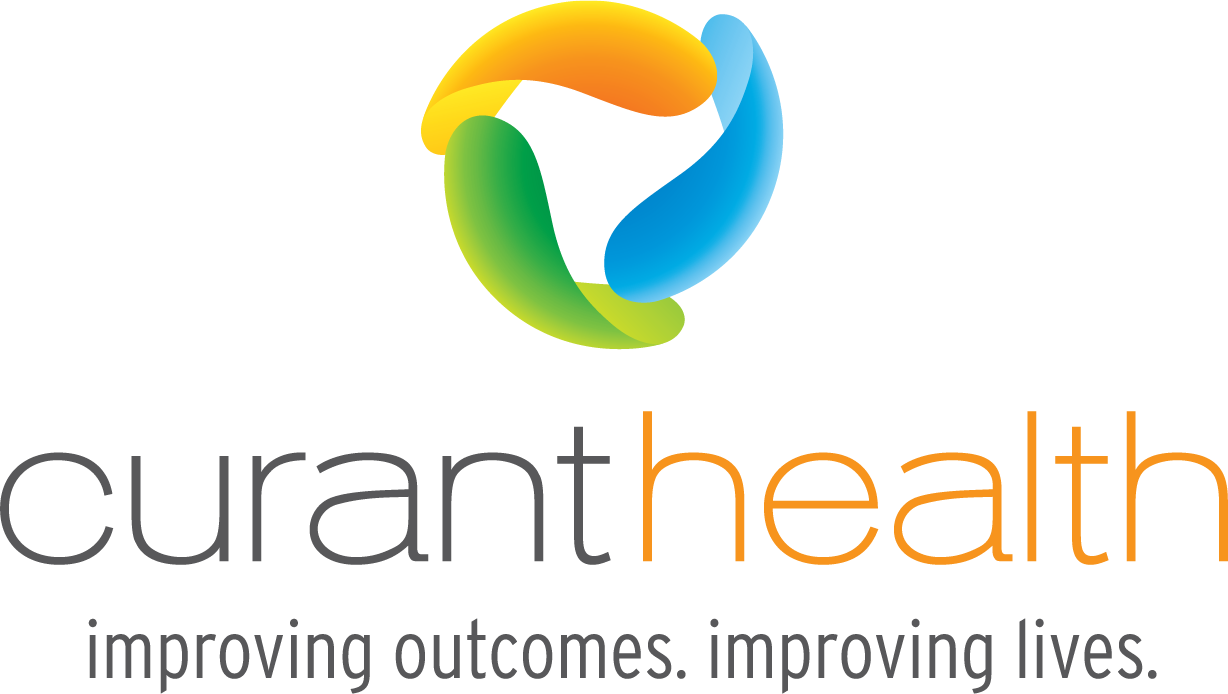December 14, 2016 - Curant Health Director of Commercial Strategy and Performance, Jake Caines, featured in Managed Healthcare Executive - Congress has approved the 21st Century Cures Act, which aims to speed federal approval of new drugs and devices as well as beef up funding of medical research. It is expected that President Obama will sign the legislation, one of the last pieces he will sign into law before he leaves office.
The Cures Act offers immediate opportunities for positive impact, according to industry experts. They shared four of them.
1. It will add new tools to the life science toolbox.
Providers may soon be seeing more medical products making their way to patients, though with different profiles than what they have seen in the past, according to Ben Isugr, leader, PwC Health Research Institute.
“The 21st Century Cures Act contains many provisions meant to speed up the approval of new drugs, medical devices, and diagnostics,” Isgur says. “For example, the FDA would be permitted to approve new antibiotics specifically for limited populations of patients, and regulators could rely on ‘real-world evidence’ instead of evidence from randomized clinical trials to support the approval of some new drugs.”
For managed care executives, this may require a closer look at how new products are prescribed to patients and overseen, according to Isgur.
“Narrower labels and different types of evidence used to support use in patients could affect which consumers benefit,” he says. c
2. It supports evolution of the FDA approval process.
“The bill allows for more patient input in the drug development and approval process with the aim of increasing much needed innovation,” says Jake Caines, director of commercial strategy and performance at Curant Health. “Shorter time periods for trials and smaller sample sizes raise concerns for some regarding diminished safeguards to protect our patients from adverse events.”
“While it is true that we must strive to circumvent ‘bad drugs’ from entering the market too soon, we must also limit bureaucracy from keeping ‘good drugs’ in the current evaluation process too long,” Caines says.
Although Caines believes that the impact across numerous stakeholders remains to be seen, something positive is already occurring. “Healthcare stakeholders are already communicating in ways which we never have and this, in and of itself, will ensure increased value across the healthcare continuum,” he says.
To read the full article, visit Managed Healthcare Executive.
To learn more about Curant Health, contact Kristin Lindsey, Senior Marketing Director, at klindsey@curanthealth.com.
